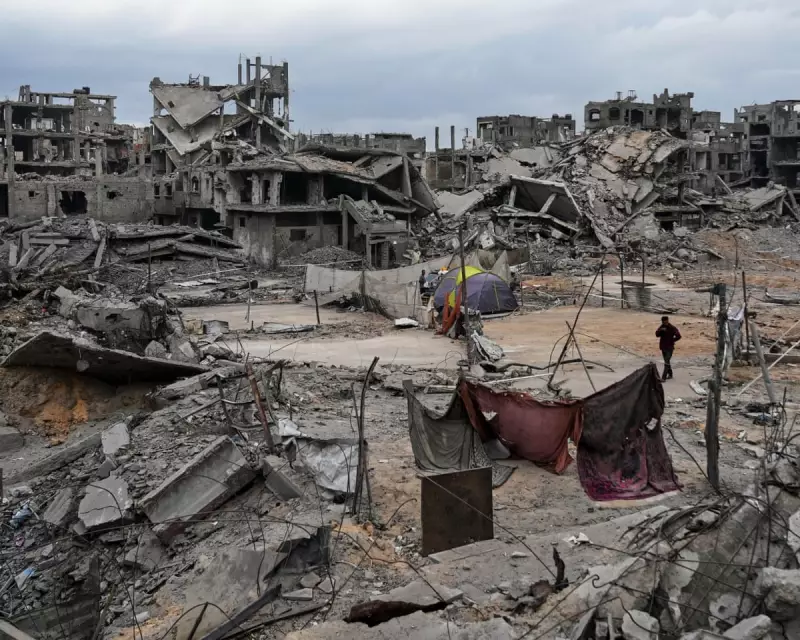
After months of devastating conflict that has reshaped the geopolitical landscape of the Middle East, a fragile ceasefire hangs in the balance. But the critical question remains: is the Gaza war truly over, or are we witnessing merely another temporary pause in a cycle of violence that has defined the region for generations?
The Fragile Nature of the Current Truce
The current cessation of hostilities represents what many analysts are calling the most significant breakthrough since the conflict erupted. However, the agreement remains delicately balanced, with both sides interpreting its terms differently and maintaining their fundamental positions unchanged.
Israeli leadership continues to assert that military pressure brought Hamas to the negotiating table, while Palestinian factions view the ceasefire as a necessary respite that doesn't compromise their long-term objectives. This fundamental disconnect suggests that the underlying tensions remain largely unresolved.
Humanitarian Crisis and Reconstruction Challenges
The scale of destruction in Gaza is almost unimaginable. Entire neighbourhoods lie in ruins, critical infrastructure has been decimated, and the humanitarian situation remains dire despite increased aid flows. The reconstruction effort will require billions of dollars and years of work, raising difficult questions about funding and oversight.
Key challenges facing Gaza's recovery include:
- Clearing millions of tonnes of rubble and unexploded ordnance
- Restoring basic services including water, electricity and healthcare
- Addressing the profound psychological trauma affecting civilians
- Establishing governance structures to manage reconstruction funds
The Political Landscape and Future Prospects
Domestic political considerations on both sides continue to shape the conflict's trajectory. In Israel, the government faces pressure to secure the return of remaining captives while maintaining security. Meanwhile, Palestinian leadership struggles with internal divisions and the challenge of presenting a unified position.
The international community remains deeply divided in its approach, with some nations pushing for immediate recognition of Palestinian statehood while others advocate for a more gradual process. This lack of consensus complicates efforts to build a sustainable peace process.
Beyond the Headlines: What Lasting Peace Would Require
True resolution of the conflict would require addressing core issues that have been deferred by successive temporary truces. These include the status of Jerusalem, the right of return for Palestinian refugees, security arrangements, and ultimately the creation of a viable Palestinian state alongside Israel.
As the dust slowly settles in Gaza, the world watches to see whether this ceasefire will become the foundation for genuine peace or simply another chapter in the region's tragic history of conflict and temporary respites.





